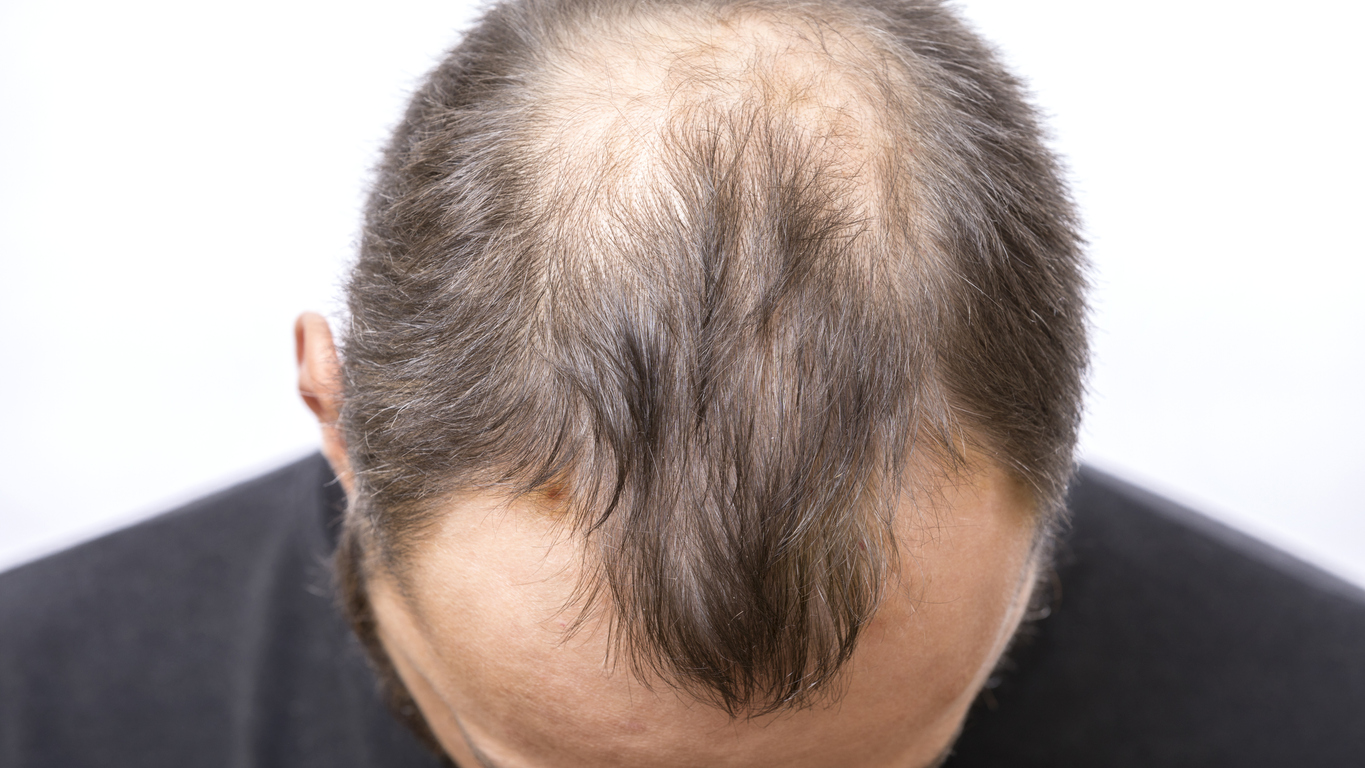As a hair transplant surgeon, I have long understood that a hair transplantation not only improves one’s physical appearance, but it can help the overall wellbeing of my patients struggling with hair loss. A study titled “An Assessment for Measuring Loneliness, Anxiety, and Depression in Male Patients with Androgenetic Alopecia Undergoing Hair Transplantation Surgery: A Before-After Study,” published in the Journal of Cosmetic Dermatology in October 2022, has shed new light on the holistic benefits of hair transplant procedures.
Understanding the Impact of Androgenetic Alopecia
Androgenetic alopecia, commonly known as male pattern baldness, extends its influence beyond the physical realm. It has long been recognized that this condition can lead to heightened feelings of loneliness, anxiety, and depression among those who experience it. The emotional toll that hair loss takes on an individual’s self-esteem and overall well-being is undeniable. This study aims to uncover whether hair transplant surgery, in addition to restoring hair, can alleviate the psychosocial burdens that often accompany hair loss.
Study Design and Methodology
The study involved 35 patients who sought hair transplant surgery for androgenetic alopecia. These individuals were evaluated using validated questionnaires—the UCLA Loneliness Scale and the Hospital Anxiety and Depression Scale (HADS)—both before and after the surgery. The researchers used statistical analyses to measure the impact of the surgery on loneliness, anxiety, and depression levels.
Notable Findings
The results of the study unveiled a heartening transformation in the patients’ mental well-being following hair transplantation surgery. Notably, there was a significant statistical improvement (p < 0.001) in HADS-anxiety and depression scores in the patients after hair transplantation surgery. The mean anxiety and depression scores notably improved, indicating a positive shift in patients’ emotional states.
Equally important was the impact on loneliness, as measured by the UCLA scale. The average loneliness score improved substantially (p < 0.001), signifying a reduction in the feelings of isolation and disconnection that often accompany hair loss.
A New Perspective on Hair Transplantation
This study verifies something that I have considered true for some time. Hair transplant surgery is not merely a cosmetic procedure; it has the potential to help a person’s self-confidence and emotional well-being. Beyond the technical precision and aesthetic artistry of hair transplantation, I am reminded of the profound impact it has on my patients’ lives.


